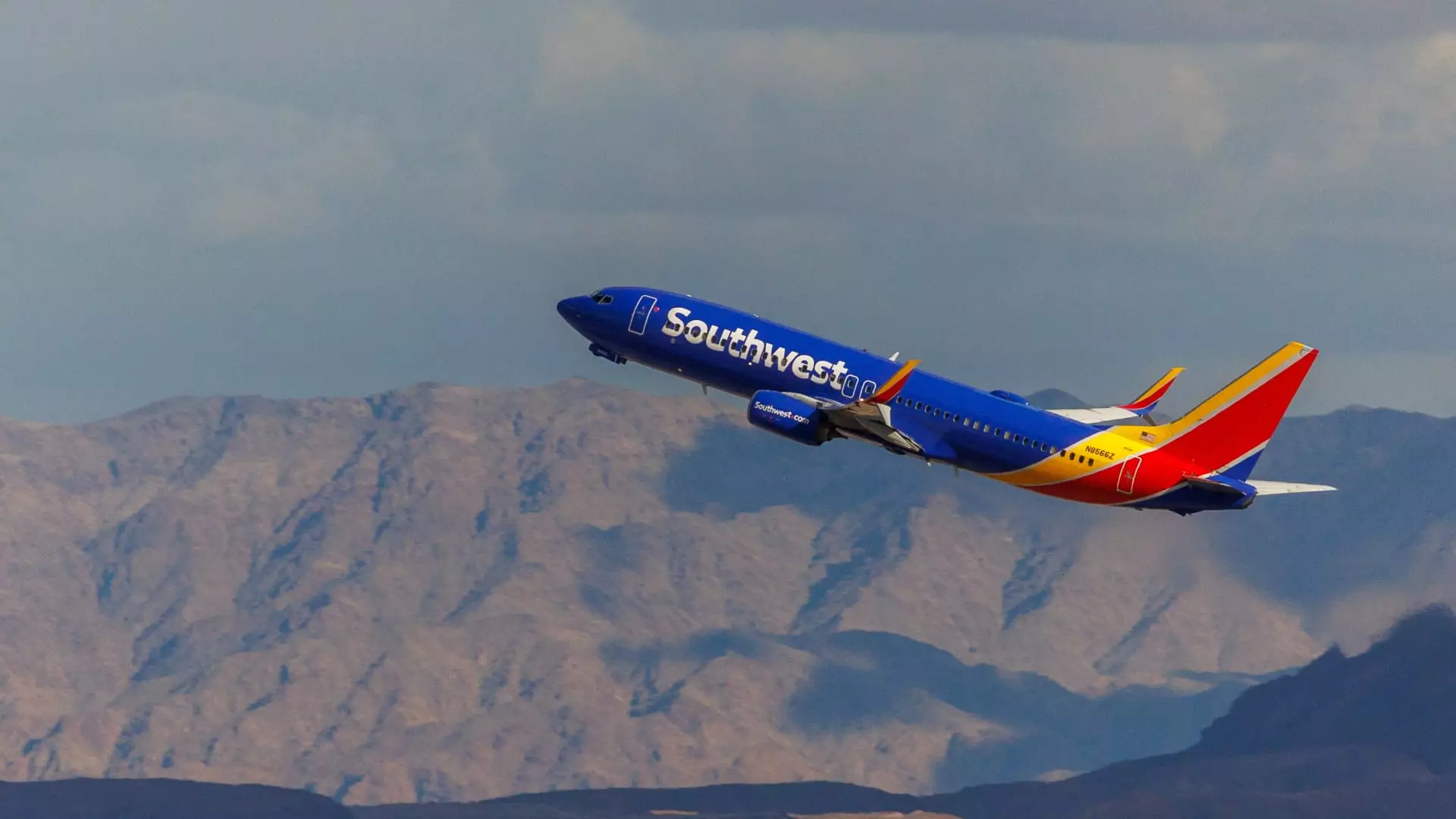Southwest Airlines recently announced a wider loss for the first quarter compared to the same period last year. This came along with a warning about Boeing’s airplane delays that are expected to hinder its growth up to 2025. The airline initially planned to expand its capacity by 6% this year, but due to the challenges posed by Boeing’s delays, it is now anticipating a more modest growth of 4%. For the following quarter, Southwest Airlines foresees growth between 8% to 9%, with a projected decline in revenue by as much as 3.5%. As a result, the company’s share prices took a hit, dropping by nearly 9% in morning trading.
Southwest Airlines had previously anticipated receiving 46 Boeing 737 Max 8 planes, but due to revised projections from Boeing, the carrier will now only receive 20 of these aircraft. This change has prompted Southwest to delay the retirement of some of its older Boeing planes and implement cost-cutting measures. The airline plans to offer staff voluntary time off and estimates ending the year with 2,000 fewer employees compared to the end of 2023. Furthermore, Southwest Airlines will be shutting down operations at various airports, including locations in New York, Washington, Mexico, and Houston.
CEO Bob Jordan emphasized the immediate need to achieve financial goals in light of Boeing’s aircraft delivery delays impacting 2024 and 2025. Southwest Airlines, which operates an all-Boeing 737 fleet, is particularly vulnerable to the repercussions of Boeing’s ongoing safety and quality crises. The carrier’s performance in the first quarter fell short of Wall Street expectations, recording a loss of $231 million, or 39 cents per share. Adjusted for one-time items, the loss amounted to $218 million, or 36 cents per share, while revenue increased by nearly 11% to $6.33 billion, slightly below analysts’ estimates.
In response to the challenges posed by Boeing’s delays, Southwest Airlines is rapidly reevaluating its operational and financial strategies to minimize the impact on its flight schedules and customer service. The company remains committed to ensuring dependable and reliable services for its passengers while navigating the uncertainties caused by the aircraft delivery setbacks. Despite the setbacks, Southwest Airlines is proactively adjusting its approach to maintaining stability and resilience during this turbulent period in the aviation industry.
Southwest Airlines is facing significant hurdles as a result of Boeing’s prolonged aircraft delays, impacting its growth trajectory and financial performance. The airline’s proactive measures to address these challenges demonstrate its commitment to navigating through adversity while prioritizing its customers’ needs and operational efficiency.

